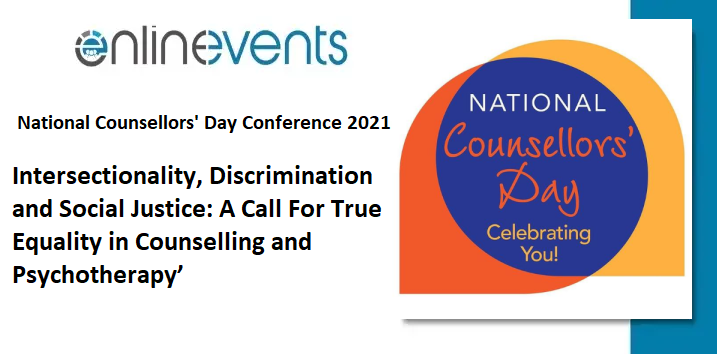This conference will allow counsellors, psychotherapists and other mental health professionals to come together and discuss the theme of the day which is, ‘Intersectionality, discrimination and social justice: a call for true equality in Counselling and Psychotherapy’
National Counselling Society (Headline Sponsor), Onlinevents, PCCS Books, CTUK Members Club.
Course Content
Presenter
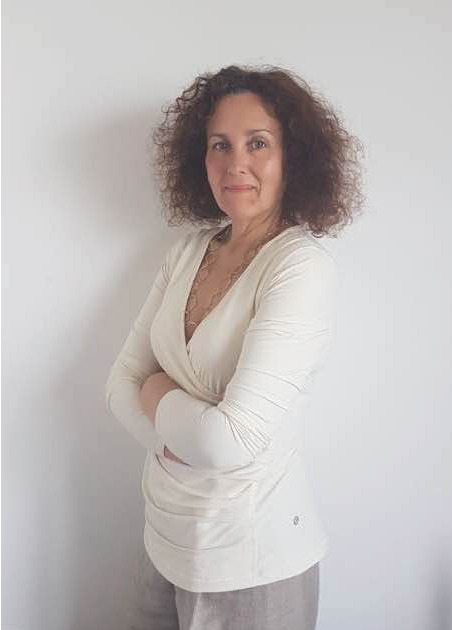
Clare Slaney is a psychotherapist, supervisor, and writer based in West London, with more than 20 years’ experience working with individuals and groups. Rooted in Person-Centred and Existential traditions, her practice is grounded in authenticity, paradox, and the continual negotiation between self and society. Alongside her clinical practice, she speaks and writes on the structural challenges facing the counselling profession, particularly the exploitation of unpaid labour and the impact of poverty on both clients and therapists. Exploring themes of marginalisation, power, and ethics in the counselling professions, she advocates for more honest and equitable practice. She is an Accredited Member of the British Association for Counselling and Psychotherapy.
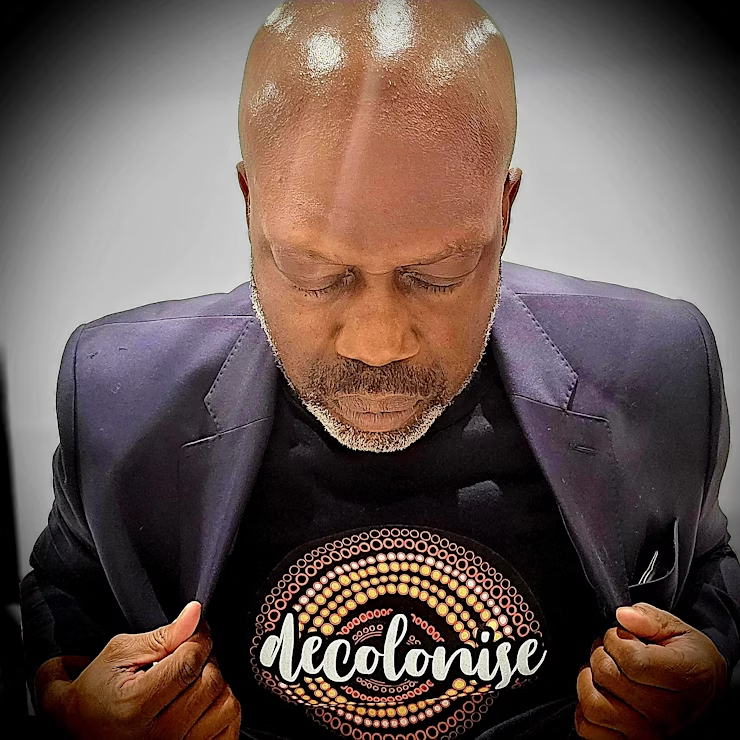
Dr Dwight Turner is Course Leader on the Humanistic Counselling and Psychotherapy Course at the University of Brighton, a PhD Supervisor at their Doctoral College, a psychotherapist and supervisor in private practice. His publications include The Psychology of Supremacy (2023), and Intersections of Privilege and Otherness in Counselling and Psychotherapy (2021), which are both published by Routledge, together with several chapters in anthologies on aspects of counselling and psychotherapy, and over 50 academic papers on everything from intersectionality in psychotherapy, to dreamwork, to Afrocentric spirituality. A leading driver in Intersectional Psychotherapy, Dr Turner is an experienced conference speaker, including numerous keynote presentations. Dr Turner has also run workshops for a wide variety of Universities, Charities, and private organisations on issues of race, difference and intersectionality in counselling and psychotherapy.
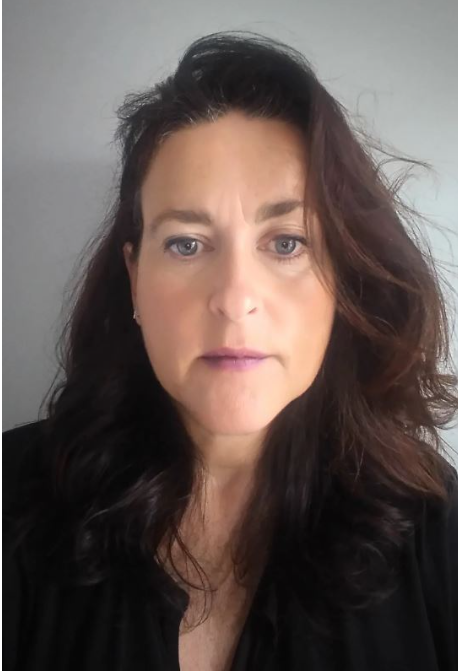
Dr Elizabeth Cotton is a writer and educator in the field of industrial relations and mental health. She is an Associate Professor of Responsible Business at the University of Leicester and the founder of Surviving Work. Her current research is around the digitalization of the therapy and she convenes The Digital Therapy Project which includes the CTUK. Her book UberTherapy: The new business of mental health will be published in 2024 by Bristol University Press.
Surviving Work | http://www.survivingwork.org/
Surviving Work in Healthcare | https://survivingworkinhealth.org/
The Digital Therapy Project | https://www.thedigitaltherapyproject.org/
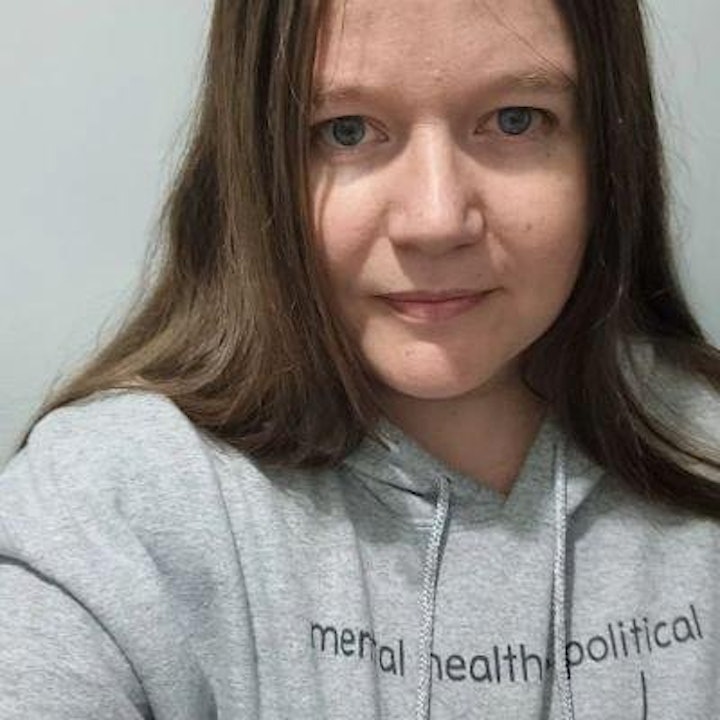
Erin (she/they) is an integrative therapist and supervisor working in private practice in West Yorkshire. Her practice is focussed on working with clients who have previous experience of harmful therapy, in short and long term work. She is increasingly working with therapists who work with harmed clients, as well as therapists who are concerned about, or otherwise interested in harm in therapy, both in open-ended supervision, and short term consultancy.
As well as therapy and supervision, Erin is a writer, trainer and activist, with a focus on harm in therapy, neurodivergence and social justice.
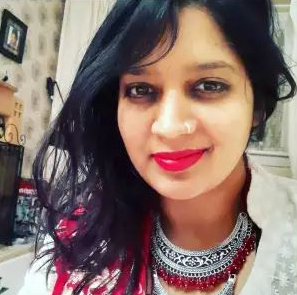
Pavi is one of the co-founders of an online intersectional anti-racism learning resource on Facebook called ‘Scottish Anti-Racism Education’ (SARE) with other women of colour (WOC). This initiative was launched on the 21st of March, 2021 to commemorate The International Day for the Elimination of Racial Discrimination. This space was set up due to their collective frustrations and experiences in anti-racism and equalities activism and due to a deep, burning desire to see a shift in mindsets around ‘race’, racism and equality in society. They use specific online community engagement strategies and exercises to engage with members via written resources, activity posts and discussion threads. Members have access to their learning units and resources to reflect and ‘unlearn’ their biases and racism on their journey towards being anti-racist.

